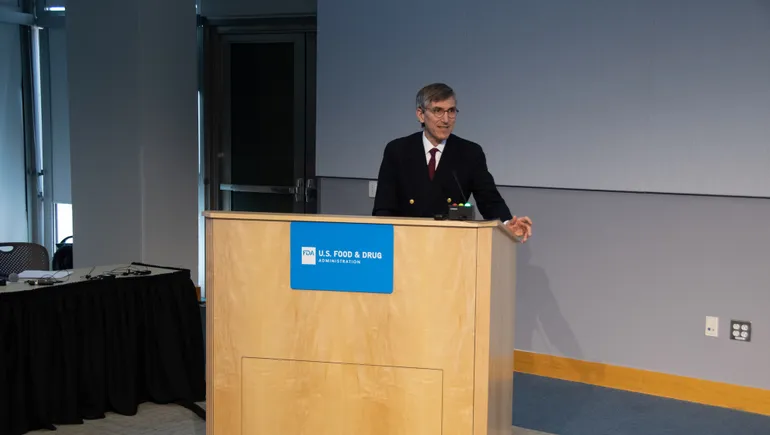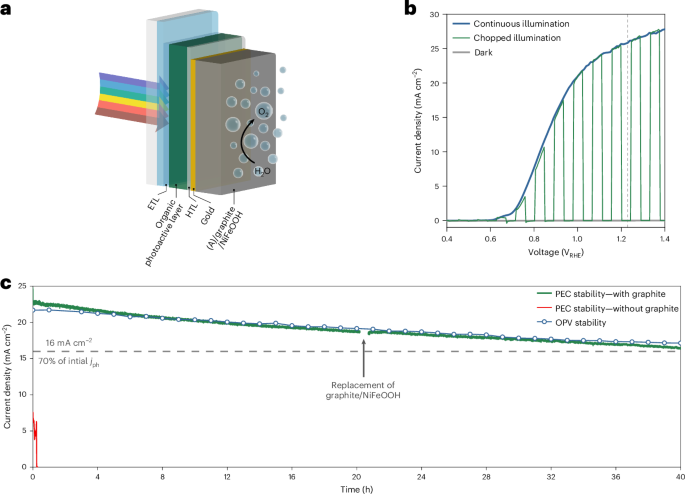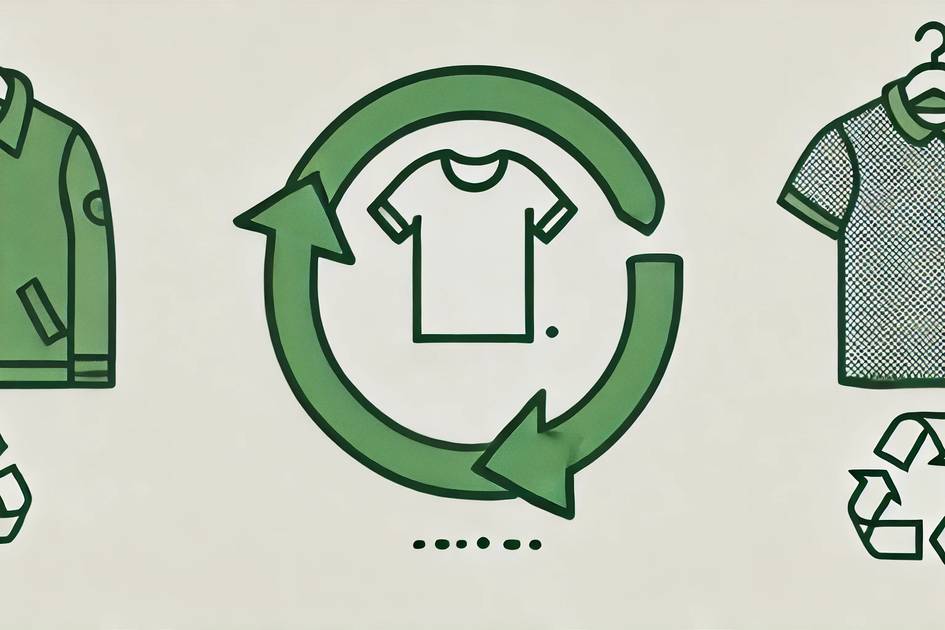Signaling Long-Term Information Using Short-Term Forecasts
A common concern with disclosure is revealing proprietary information. Many studies examine this proprietary cost hypothesis––that concerns about revealing proprietary information can prevent full disclosure––within the context of short-term earnings forecasts. However, these forecasts primarily accelerate the release of financial information by only a few months. Since their informational value is relatively short-lived, researchers also […]

Frank Zhou is an Assistant Professor of Accounting at the Wharton School of the University of Pennsylvania. This post is based on a recent article, forthcoming in the Journal of Financial Economics, by Professor Zhou, Professor Mirko Stanislav Heinle, Professor Chongho Kim, and Professor Daniel J. Taylor.
A common concern with disclosure is revealing proprietary information. Many studies examine this proprietary cost hypothesis––that concerns about revealing proprietary information can prevent full disclosure––within the context of short-term earnings forecasts. However, these forecasts primarily accelerate the release of financial information by only a few months. Since their informational value is relatively short-lived, researchers also contend that the decision to provide such a forecast does not provide actionable information to competitors and, as a consequence, is unlikely to entail proprietary costs.
In this study, we shed light on this debate by showing that the decision to issue a short-term earnings forecast can, in fact, signal managers’ private information about long-term firm performance. Using a dynamic voluntary disclosure model, we show that the decision to disclose a short-term earnings forecast is informative of long-term earnings even if earnings are intertemporally independent. Consistent with this prediction, we find that these disclosures predict firm performance for up to three years, even after controlling for current financial performance.











































































































































































.jpg)






